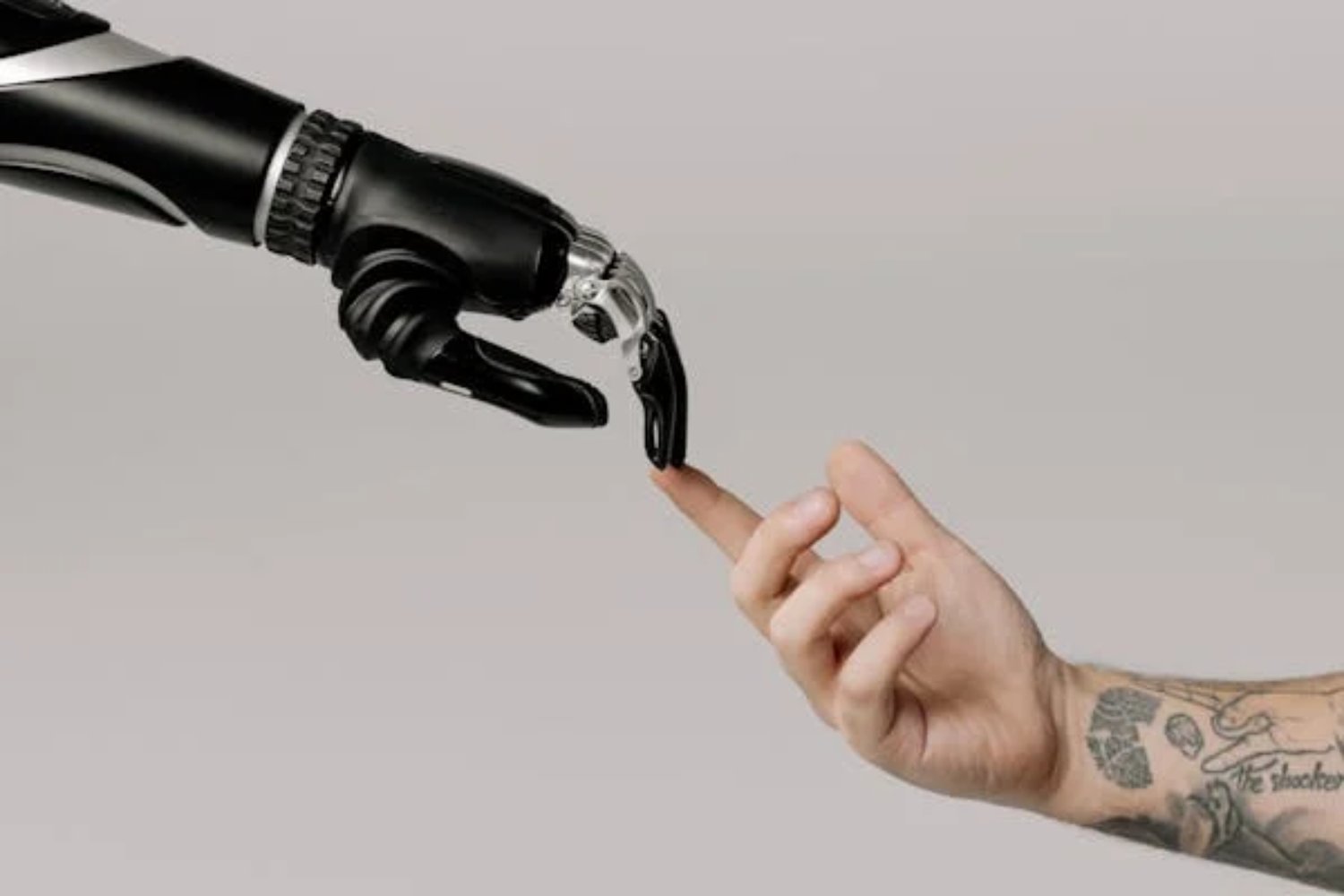Five Artificial Intelligence Trends that Experts Believe will Shape 2025

As we approach 2025, artificial intelligence is evolving rapidly, reshaping how organizations operate and plan for the future. New trends are not only driving technological innovation but also changing business and labor dynamics. IBM experts have identified key trends that will shape the future of AI, focusing on advances in autonomy, open-source adoption, and automation for sustainability. These projections emphasize the need to adapt to new tools and rethink collaboration between humans and machines.
1. AI agents gaining autonomy
Ritika Gunnar, IBM’s director of data and artificial intelligence, predicts that AI agents, more advanced than current assistants, will take the spotlight in 2025. These tools will be able to act proactively and independently, raising questions about responsibility and control. To ensure the reliability of these systems, it will be crucial to implement supervision and management processes. In addition, employees will need to be trained in new skills to develop and oversee these agents responsibly.
2. AI redefining job roles
Jill Goldstein, global leader of IBM Consulting, anticipates that AI agents will transform the workforce by not only responding but also planning and executing complex tasks independently. This will lead to changes in work structures, with human teams supervising and coordinating groups of agents. Companies will need to adapt to this new dynamic and reassess their work processes.
3. Open-source driving AI adoption
Bill Higgins, an innovation expert at IBM Research, believes that open-source AI solutions will take center stage in 2025. Unlike costly private models, these tools will enable companies to adopt advanced technologies without significant investments. Open-source provides transparency, cost savings, and support for flexible architectures like multi-cloud, facilitating organizations in transitioning from experimentation to tangible results with artificial intelligence.
These predictions for 2025 highlight the transformative potential of artificial intelligence across various sectors, from more autonomous systems to sustainability-focused solutions. These innovations promise to reshape the technological and business landscape. The key will be to adapt, address challenges, and seize the opportunities presented by this new era of AI.




